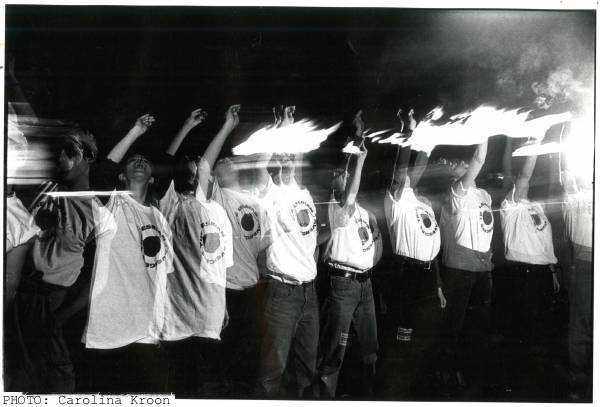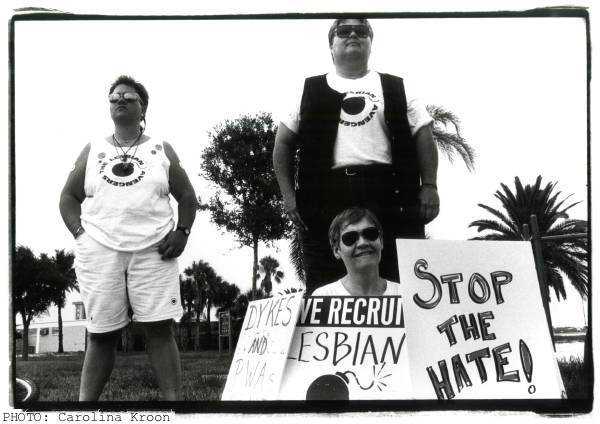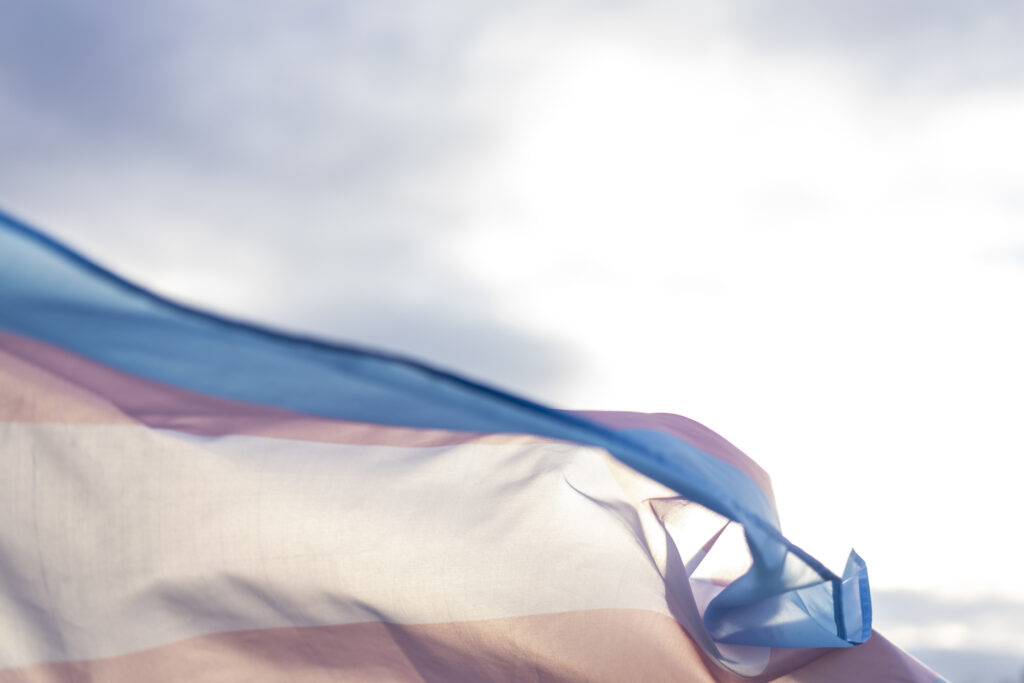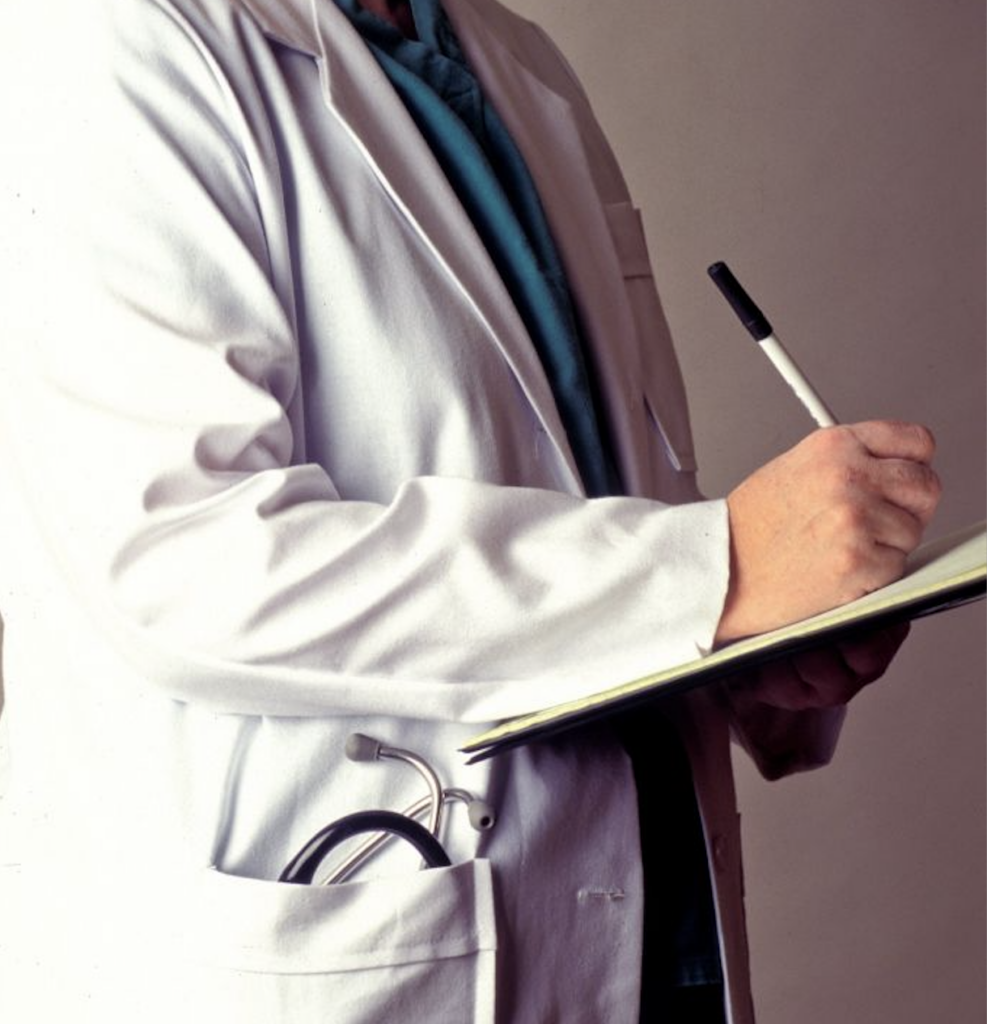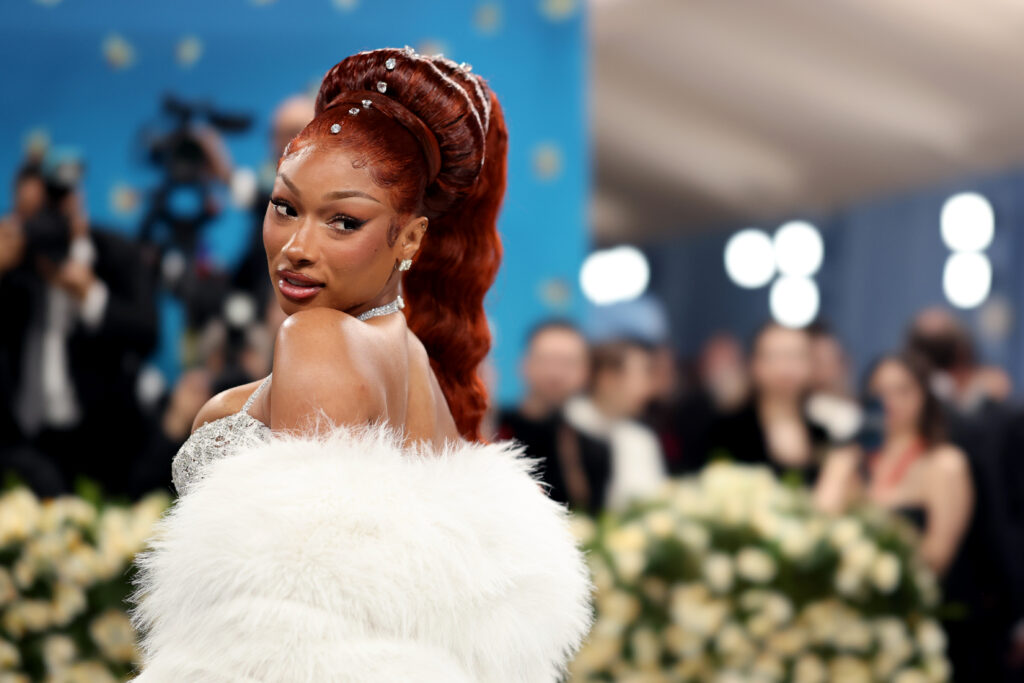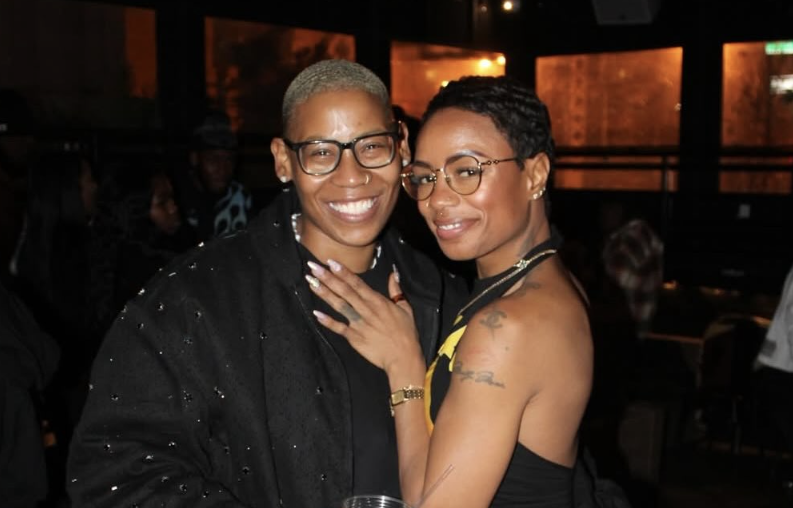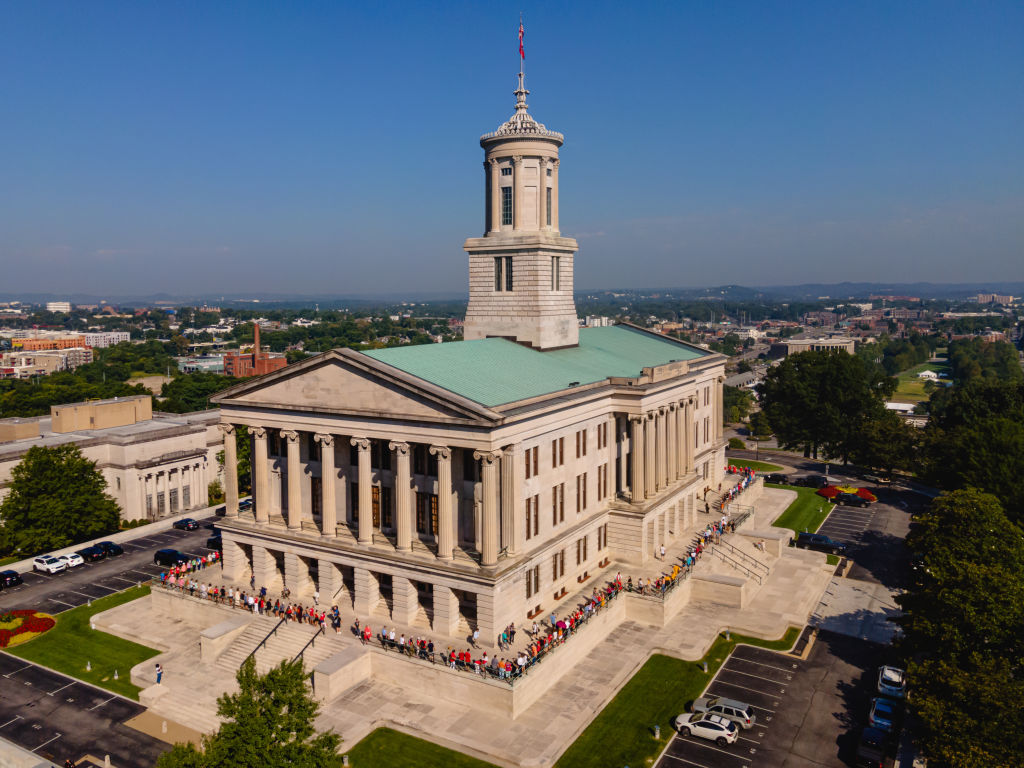Queer Women History Forgot: The Lesbian Avengers

Remembering the radical group of lesbian activists who pushed for visibility and founded the Dyke March.
For Women’s History Month, GO is celebrating LGBTQ women we wish we could have learned about in high school history class.
In 1992, homosexuality was still illegal in Kentucky. Oregon was creating an anti-gay referendum called Measure 9, despite the fact 29-year-old black lesbian Hattie Mae Cohens and her gay male roommate, Brian Mock, were brutally murdered in Salem that same year. Meanwhile, a clause prohibiting homophobic bullying in schools was turned over in Fairfax County, Virginia because the school board was concerned about promoting homosexuality. Florida maintained there would be no protections for LGBTs, and hate crimes were at an all-time high in Los Angeles. In direct response to these hateful actions from local governments and dismissal by the federal government, a group of lesbian-identified women in New York City formed a direct action group called the Lesbian Avengers.

Six long-time activists (Ana Simo, Sarah Schulman, Maxine Wolfe, Anne-christine d’Adesky, Marie Honan and Anne Maguire) created the Avengers to focus on “high-impact street activism” raising visibility for queer women and to fight homophobic initiatives. Their first action took place on September 9, 1992 when a Queens-based right-wing group was attempting to keep elementary school students from learning a more diverse multi-cultural curriculum that was originally queer-inclusive referred to as “Childen of the Rainbow.” The Avengers staged a demonstration, enlisting a marching band to take to the streets of Queens, handing out balloons to students, encouraging them to “ask about lesbian lives.” The Avengers wore T-shirts reading “I was a lesbian child,” and a month later, held a similar protest outside of the Board and Education in Brooklyn. In February, they prepared a songbook of lesbian love songs and performed in front of the home of Rainbow Curriculum opponent Mary Cummins.
The Lesbian Avengers intended to shock people into examining issues that were harmful to LGBTQs and women, and the New York group inspired several others around the United States. They put together the first-ever Dyke March as part of the 1993 LGBT March on Washington, engaging 20,000 women who were previously left out of the largely white, male organization of the rally.
“We’re not going to be invisible anymore,” Avenger Ann Northrup told Newsweek at the March. “We are going to be prominent and have power and be part of all decision making.”
These early radical actions from out and proud lesbian feminists had a direct impact on how LGBTQ women have since come together to build and fight for the visibility and safety of their community. Although the Lesbian Avengers eventually disbanded, many of the leaders have continued with the legacy as activists, writers, filmmakers and teachers. A documentary (“Lesbian Avengers Eat Fire, Too”), a memoir (Kelly Cogswell‘s “Eating Fire: My Life as a Lesbian Avenger“) and extensive site chronicling the Avengers’ herstory help to preserve the memory the group’s influential work.



